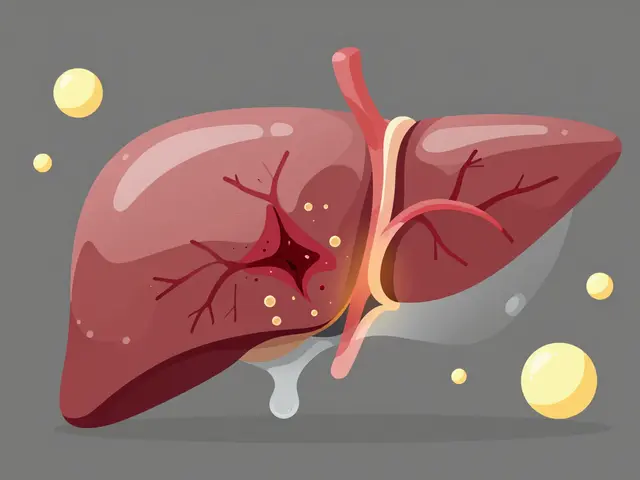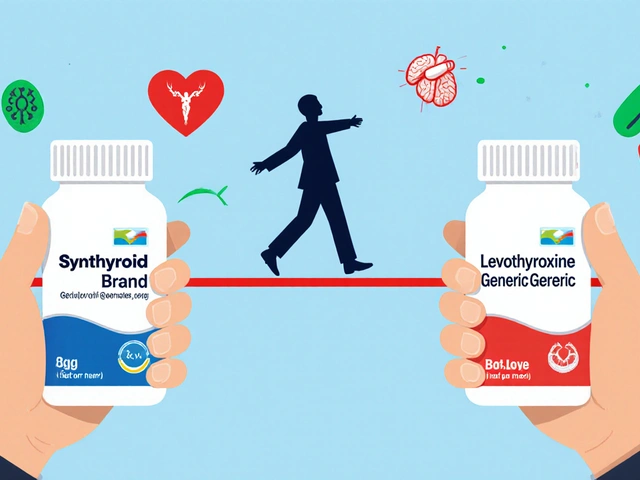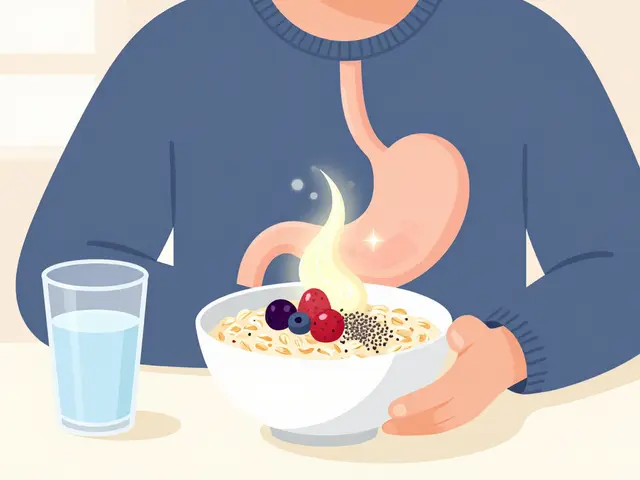Chest Discomfort: What It Means and How to React
If you’ve felt a tight spot, a weird ache, or a sharp jab in your chest, you’re probably wondering what’s going on. Chest discomfort can pop up for a lot of reasons – some harmless, some urgent. Below we break down the most common sources, point out red‑flag symptoms, and give you a quick checklist to decide if you need a doctor right away.
Common Causes of Chest Discomfort
Heart issues – A classic heart‑related feeling is a pressure or squeezing that may spread to the arm, jaw, or back. It often shows up during exertion or stress and can be accompanied by sweating, nausea, or shortness of breath.
Lung problems – Asthma attacks, bronchitis, or a lung infection can cause sharp pain that worsens with deep breaths. A sudden, stabbing pain after coughing or a feeling of tightness when you breathe in may point to the lungs.
Gastro‑intestinal (GI) sources – Acid reflux (GERD) or a hiatal hernia can create a burning sensation behind the breastbone. This type of discomfort often worsens after eating, when you lie down, or after a big, spicy meal.
Muscle and bone – A pulled chest muscle, costochondritis (inflammation of the rib cartilage), or a bruised breastbone from a fall can cause localized tenderness. The pain usually gets worse when you move your arms, press on the area, or take a deep breath.
Stress and anxiety – Panic attacks can trigger a tight, “weight on the chest” feeling that mimics heart pain. It’s often linked with rapid breathing, trembling, or a sense of dread.
When to Call a Doctor
Not every ache is an emergency, but these signs mean you shouldn’t wait:
- Sudden, crushing pressure that spreads to the arm, neck, jaw, or back.
- Shortness of breath that comes on quickly or gets worse.
- Profuse sweating, nausea, light‑headedness, or fainting.
- Chest pain that lasts more than a few minutes or doesn’t improve with rest.
- Recent injury, especially if you can’t move the area or notice swelling.
If any of these apply, dial emergency services or head to the nearest ER. Even if you’re unsure, it’s safer to get checked – heart problems can be silent until they’re serious.
For milder, short‑lived discomfort, try this quick self‑check:
- Rest for 5‑10 minutes and breathe slowly. Does the feeling ease?
- Take an over‑the‑counter antacid if the pain feels like heartburn after a meal.
- Apply a warm compress to the chest if you suspect a muscle strain.
- Stay hydrated and avoid heavy meals, caffeine, or nicotine for a few hours.
If the pain eases and you have no other warning signs, monitor it for a day or two. Keep track of what makes it better or worse – that info helps a doctor pinpoint the cause.
Chest discomfort can be confusing, but understanding the usual culprits and the red‑flag symptoms lets you act fast when needed. Trust your gut, stay calm, and don’t hesitate to seek help if anything feels off.

Discover 10 practical home remedies for chest pain. Learn safe techniques for easing discomfort and know when it's smart to see a doctor.





